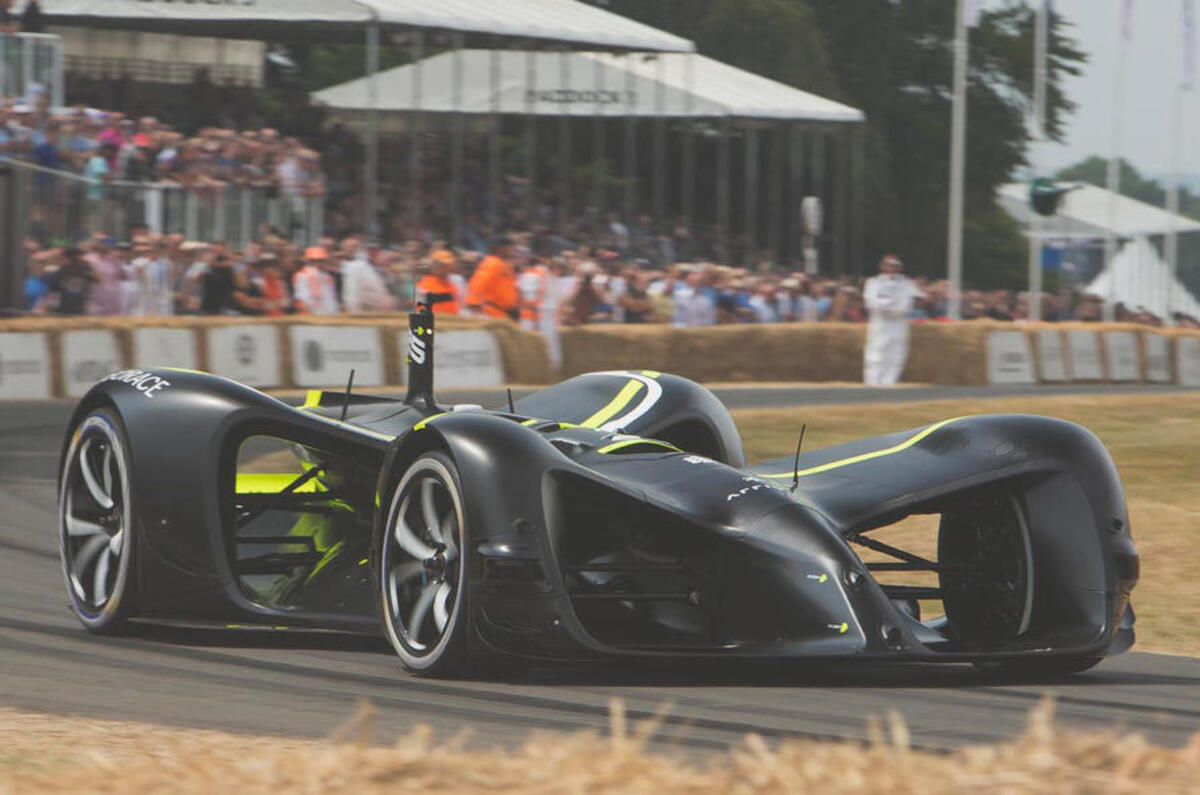Arrival, the owner of the autonomous racing car project Roborace, has written off the value of the company in its latest accounts, after judging it would never make money.
UK electric vehicle start-up Arrival took a $20.7 million (£16.7m) impairment charge in 2021 on its ownership of Roborace as well as on charging stations and other leases “that are no longer expected to generate future cash flows”, the company said in a filing published on April 27. Impairment in accounting usually means a permanent reduction in value.




Add your comment